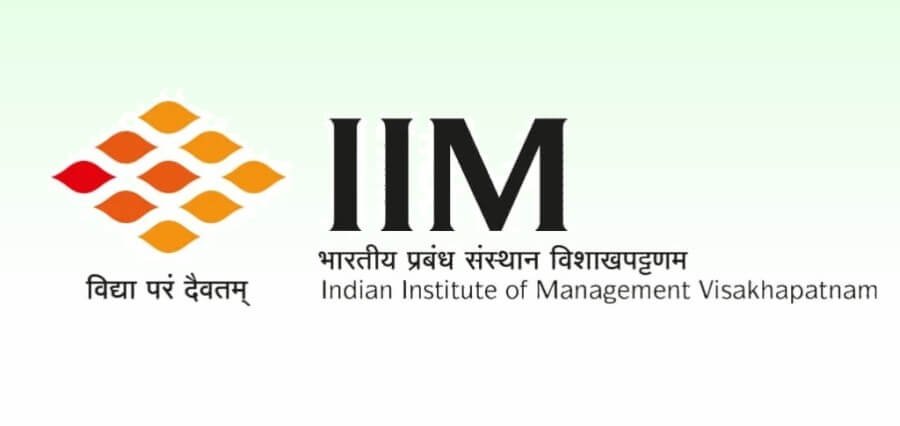Next-generation engineering production and developing technical skills demand skill-based education that will be the backbone of transforming the next set of engineers to face the ever-changing jobs in a global, fast-evolving market. Rooted in a sound foundation by the STEM (Science, Technology, Engineering, and Mathematics) education system in India, this system lays major emphasis on practical learning along with theoretical know-how in order to prepare graduates for shining on both academic and practical levels.
Since the introduction of ‘Skill India’ by Prime Minister Narendra Modi in 2015, there has been a nationwide impetus to re-skilling and training youngsters. When the Prime Minister announced that India would send out 104,000 STEM students to the U.S. by 2024, the ‘Need for ‘Skill India’ has never been more relevant than now. This system is a surefire means of ensuring that engineers who graduate from this engineering college are competent enough to get their message across while solving complex problems that the job market increasingly demands.
Overemphasis on theory has remained one of the biggest challenges experienced in traditional engineering education; that is, most graduates lack hands-on experience needed in the workforce. For instance, in skill-based education, skills acquired by the students are supplemented with substantial periods in internships, projects, and industry collaboration. Students get to work with advanced laboratories, cutting-edge technology, and even industry-grade equipment, thereby offering a kind of real-world experience as the students transition into the job market.
Pioneer institutions in education are taking a giant stride by establishing innovation hubs, incubators, and pre-incubation centers. In return, the students will be able to access resources, mentorship, as well as incubation funding to convert innovation into stable business ventures. In the process, these institutions are producing not just engineers but future entrepreneurs for India’s growth.
With this global economy demanding more competent professionals, integrating practical learning and theoretical coursework will be the very stage upon which there will be shaped engineers who can take on the innovation leads in terms of future technological advancements. Thus, this calls for skill-based education, a nourishment needed to help India’s growing engineering talent bloom and flourish within the global landscape.





